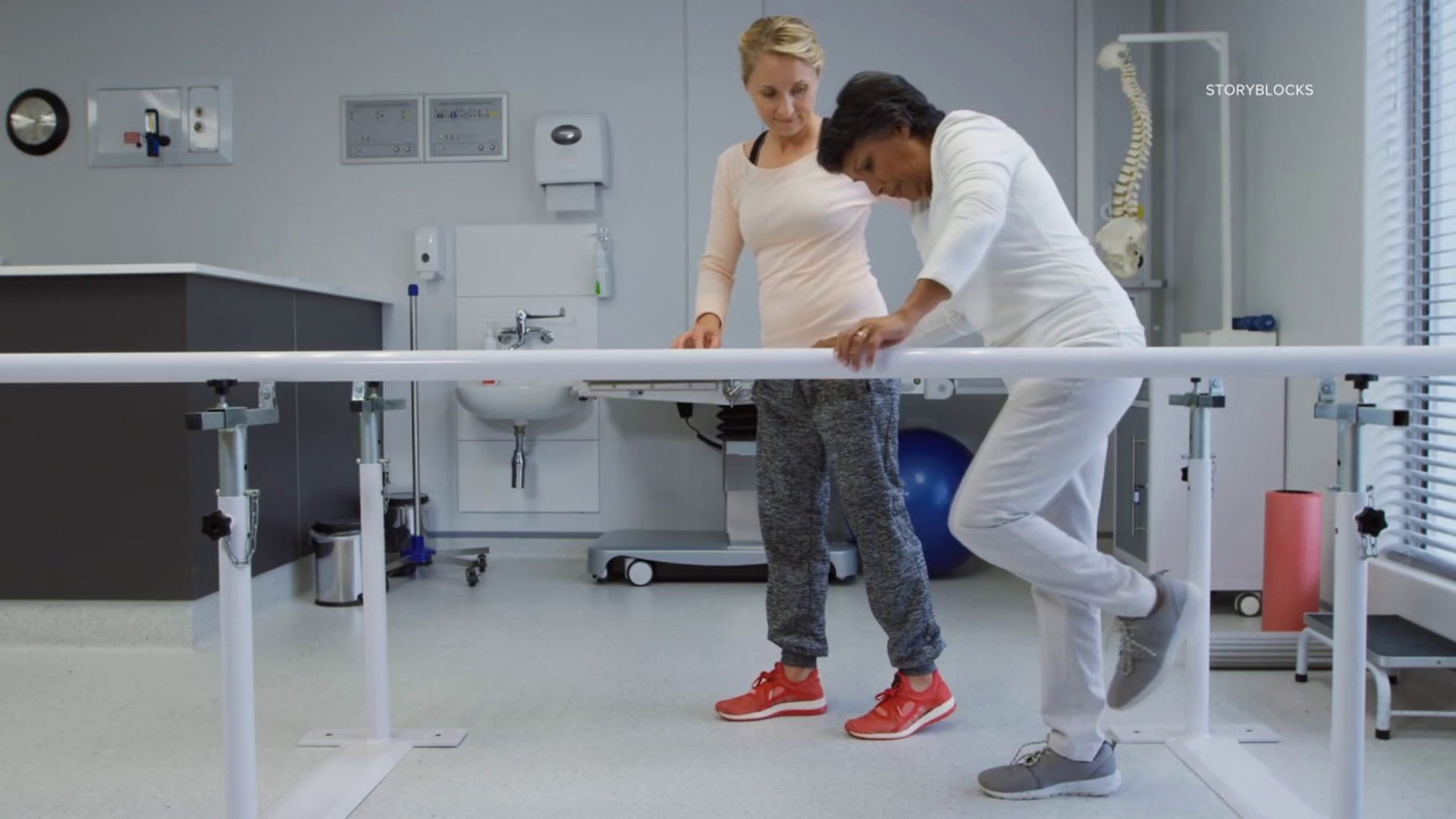PENNSYLVANIA, USA — If you're recovering from an injury or surgery and looking to move again, your next call will likely be to a physical therapist.
"If they're having issues like walking, can we test for that? Do they have balance issues? Are they an athlete who just can't get back to doing things they need to do? We have tests set up to look for these kinds of things," said Zach Kurtz, Physical Therapist At UPMC Williamsport.
Zach Kurtz is a physical therapist at UPMC in Williamsport who specializes in hip preservation. This involves treating various hip injuries and conditions without replacement surgery.
"Younger ones might have to deal with hip dysplasia, whether it be congenital or acquired. An athlete like a hockey player or a soccer player, martial artist, someone who puts their hips through a lot, and then these older individuals who maybe have moderate arthritis that are trying to prolong the life of their joints."
In addition to hip conditions, Kurtz also assists those recovering from fractures. For example, if you break a bone and experience muscle atrophy from wearing a cast for an extended period, he can help.
"If there's some reason that a nerve is not talking to a muscle, we get to figure out kind of why based on a lot of different things and how we can get that nerve and muscle talking again and stronger."
Kurtz adds that sometimes physical therapy is used to prevent the need for surgery, and the range of conditions treated by physical therapists is quite extensive.
"Therapists can specialize in neurological conditions like brain injuries, spinal cord, strokes. Those therapists also focus on balance dysfunction or inner ear vestibular dysfunction, and there are also therapists that do women's, men's health, pediatrics," added Kurtz.
If you need physical therapy, talk to your primary doctor, who can connect you with a physical therapist.

